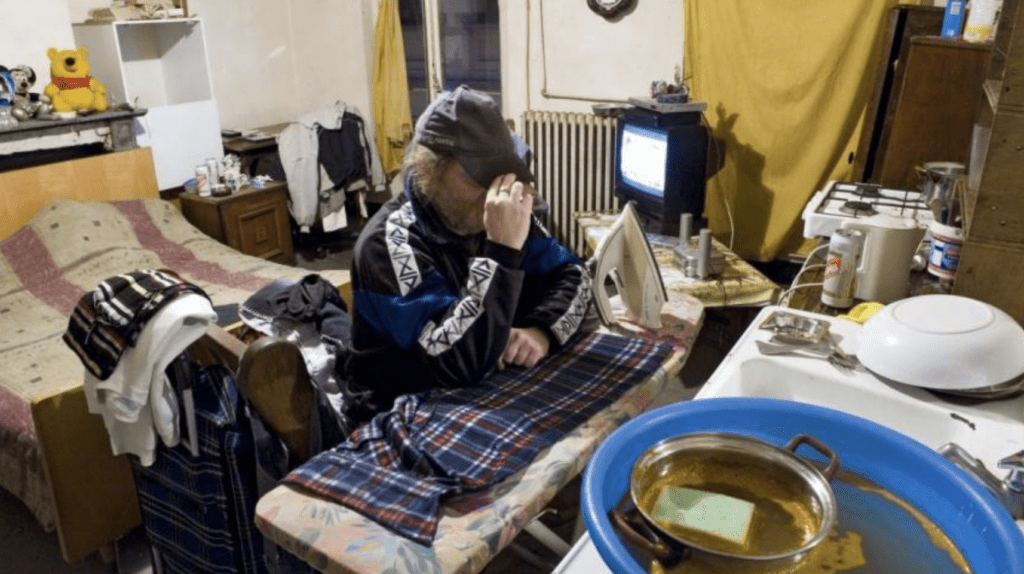37% of Belgians have become poorer during the pandemic, according to an annual survey of Europeans carried out by the financial services company Intrum.
On a global scale, the pandemic has accentuated wealth inequality, with money and assets being concentrated in an ever-smaller group of asset owners. Shareholders of multinational mega-corporations are obvious beneficiaries of the financial influx occasioned by changes in consumer habits and government spending.
But aside from the tech giants whose owners have seen eye-watering profits despite many sectors taking a beating (it has been calculated that Amazon founder Jeff Bezos could have given a $105,000 bonus to all Amazon workers and still be as wealthy as before the pandemic), some countries have also seen large swathes of their population augment their personal worth.
This has been boosted by the rising cost of housing and the fact that pandemic-related restrictions have allowed some households to save money that would normally be spent – for instance on holiday. This imposed period of moderation has also allowed many homeowners to pay off their mortgages and own their homes outright.
Growing social divide
Not all Belgians have been so fortunate. Whilst some have been able to set aside money that they are unable to spend on some of life's luxuries, many have been hit by the economic fallout of the pandemic and seriously struggle to make ends meet.
This hasn't been helped by rising inflation across the continent – Belgium has seen the highest inflation rates (5.64% in November) since the 2008 financial crisis. This is driven largely by the sky-high energy prices.
Related News
- Property prices in Belgium rise considerably in just one year
- Rising costs for food companies could mean higher prices in grocery stores
- Students face €17 trillion loss in lifetime earnings due to pandemic
This inflation is already being felt by consumers and two-thirds of Belgians fear that it will get worse. 40% of those surveyed have already become poorer because of the health crisis. Disposable household income has also dropped: 41% of Belgians surveyed report that they barely retain one-fifth of their salary after paying their bills. This makes it difficult to save and could be problematic should these households run into financial difficulties. For almost half of respondents, it will take over a year to get over the financial obstacles born during the pandemic.
The pandemic's biggest losers
Around half of Belgians have seen their bills grow more quickly than their salaries. This will increase both social inequality and the likelihood of defaulting on bills. Commenting on the findings, Intrum spokesperson Christophe De Boeck said that "It is the households with the lowest incomes that have seen the largest losses in revenue since these are often the ones that have lost their job."
Half of respondents in low-income households said that their financial situation has deteriorated in the past year; in higher-income households this was the case with only 35% of respondents.
The young have also borne the brunt of the pandemic and its related restrictions: 54% of those surveyed who were born between 1995 and 2010 (often referred to as Generation Z) say that their financial situation has become worse. This has been exacerbated by the fact that many lower paid jobs (such as in retail) have been considerably disrupted and finding entry-level jobs has become far more difficult.
The survey questioned 24,012 consumers in 24 European countries – 1000 in Belgium.

